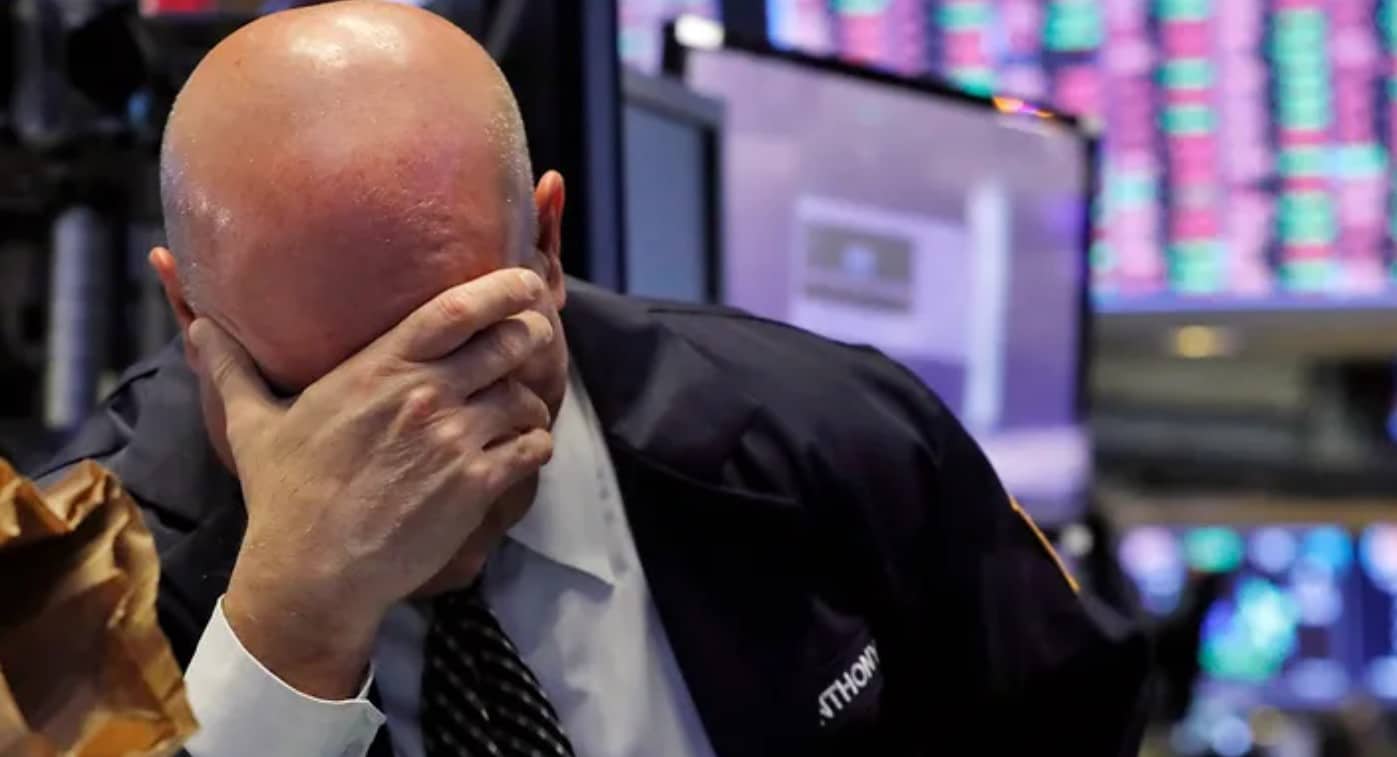Its been a rough year for investors who have had to deal with wild market swings, skyrocketing inflation and a rising interest rate atmosphere.
Stocks just completed one of the worst weeks in months, with the Dow, S&P and Nasdaq marking a fourth losing week in the last five.
All three major U.S. stock indexes slid to levels not touched since mid-July, with the S&P 500 closing below 3,900, a closely watched support level.
The S&P 500 fell 4.8% in the past week and is down 18.7% this year.
The rally cry has become “Cash is King” as some investors seek refuge in cash, as they capitalize on higher interest rates and await chances to buy stocks and bonds at cheaper prices.
The Federal Reserve has shaken the markets as it implements huge rate hikes in an effort to moderate the steepest inflation in 40 years.
The higher rates are leading to better rates for money market funds.
That has made cash a better way to hide out from the volatility, although it may not buy as much due to inflation.
Fund managers increased their average cash balances to 6.1% in September, the highest level in more than two decades, according to a survey from BofA Global Research.
Assets in money market funds came in at $4.44 trillion as of last month, not far from their peak of $4.67 trillion in May 2020, according to Refinitiv Lipper.
The Fed meets again this coming week and another big interest rate hike is on the table, following this week’s consumer price index report that came in hotter than expected.
Taxable money market funds had returned 0.4% so far this year as of the end of August, according to the Crane 100 Money Fund index.
The average yield in the Crane index is 2.08%, up from 0.02% at the start of the year and the highest level since July 2019.
There can however be drawbacks to sitting on cash, like possibly missing a sudden reversal that takes prices for stocks and bonds higher.

